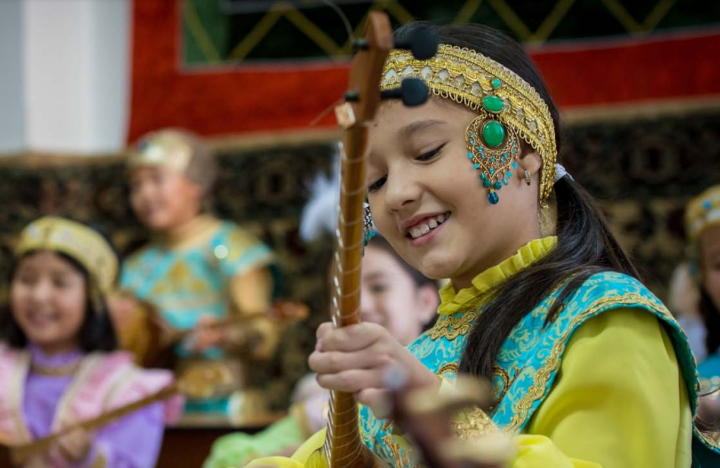
2013 Ariel Javellana/ Asian Development Bank
Held every year on 21 May, the World Day for Cultural Diversity for Dialogue and Development celebrates not only the richness of the world’s cultures, but also the essential role of intercultural dialogue for achieving peace and sustainable development. The United Nations General Assembly first declared this World Day in 2002, following UNESCO’s adoption of the 2001 Universal Declaration on Cultural Diversity, recognizing the need to “enhance the potential of culture as a means of achieving prosperity, sustainable development and global peaceful coexistence".
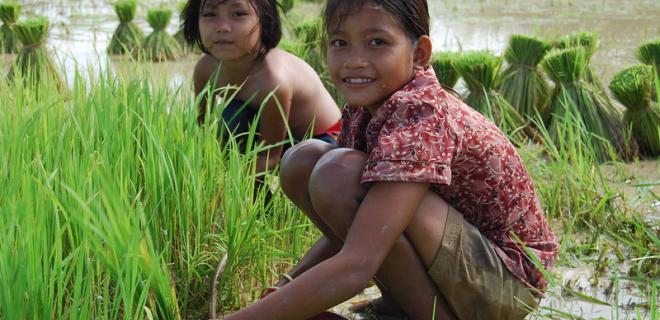
Why does cultural diversity matter?
Cultural diversity is a driving force of development, not only with respect to economic growth, but also as a means of leading a more fulfilling intellectual, emotional, moral and spiritual life. This is captured in the seven culture conventions, which provide a solid basis for the promotion of cultural diversity. Cultural diversity is thus an asset that is indispensable for poverty reduction and the achievement of sustainable development.
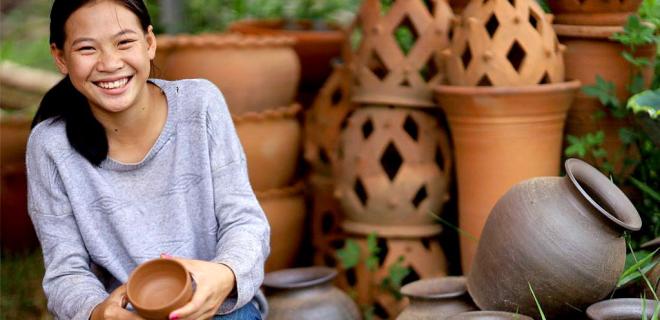
With the right infrastructure, policies, regulatory protections, and marketing, tourism can be a dynamic job and business grower, and catalyst for all sectors of a population, often in areas where work and greater incomes are needed most.
More stories »
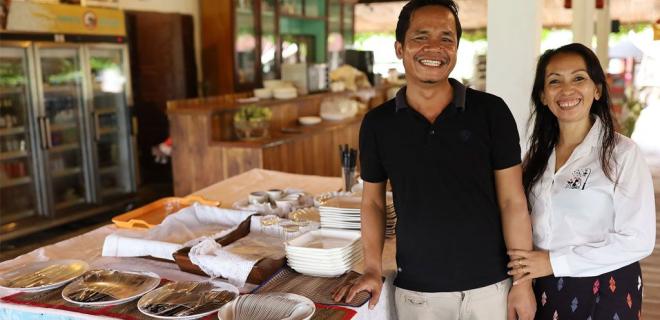
World Bank | CHINA
Keeping History Alive and People in Place
The city of Shaoxing in Zhejiang Province is 2,500 years old and has played a key role as a political, economic, and cultural center for centuries. However, the city has gradually been losing its historic attributes and the potential to generate social and economic benefits from these assets.
The World Bank-supported Zhejiang Urban Environment Project began addressing issues in Shaoxing in 2004 by upgrading residential areas, as well as electrical and telecommunication lines. Through the project, twenty kilometers of the city’s canals were refurbished to increase the water flow and quality.
Each year, Shaoxing’s rich cultural heritage attracts millions of visitors. Over 10 percent of the residents in the old town earn their living from tourism. Consequently, the World Bank-supported development of a sustainable tourism project financed construction of a new state-of-the-art municipal museum to house Shaoxing’s world-class collection of artifacts.
China: Cultural Heritage
“The most important thing to come from the project is a raised awareness in Shaoxing of the importance of cultural heritage conservation and the value of a long-term strategy,” says Xuan Chuanzhong, head of the Cultural Relics Bureau and Tourism Commission of Shaoxing. “In Shaoxing this has meant preserving the urban fabric of whole traditional neighborhoods, rather than just one major historic building in an area.”
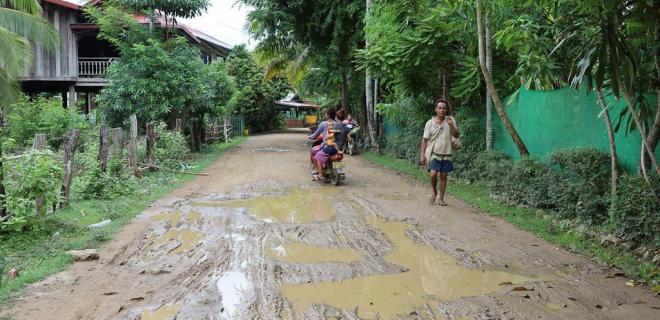
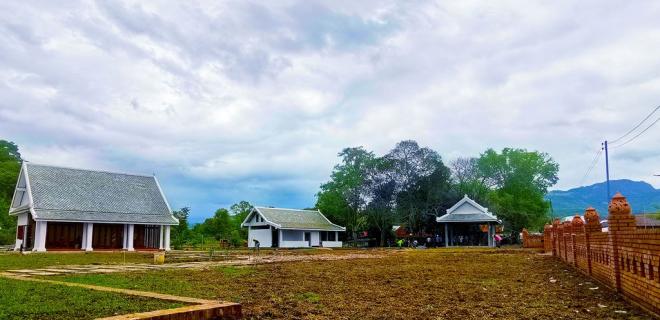
Asian Development Bank | LAOS
Greater Mekong Subregion Tourism Infrastructure for Inclusive Growth Project
The Asian Development Bank (ADB) and Lao People’s Democratic Republic launched a tourism infrastructure project, which will help establish provincial and national-level Destination Management Organizations (DMOs).
ADB’s $40 million project targets tourism infrastructure upgrades, which includes road improvements and local market linkages needed for better accessibility in four provinces (chosen for their strategic locations along the established Greater Mekong Subregion corridors) — Champasak, Khammouane, Luang Prabang, and Oudomxay.
Strengthening tourism infrastructure has given impetus to the DMO initiative, which aims to create tourism support networks with representatives from government ministries, travel-related business associations, and development/donor agencies.
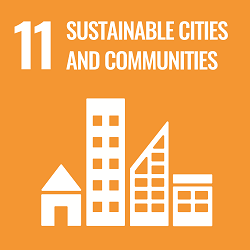
Sustainable Development Goals
UNDB is committed to the Sustainable Development Goals (SDGs) Decade of Action.
Goal 11: Make cities and human settlements inclusive, safe, resilient and sustainable.
International development projects support sustainable industries, and investing in scientific research and innovation to facilitate sustainable development.
UNDB facilitates sustainable industries and promotes innovation by encouraging investment in countries’ infrastructure and innovation development efforts.


